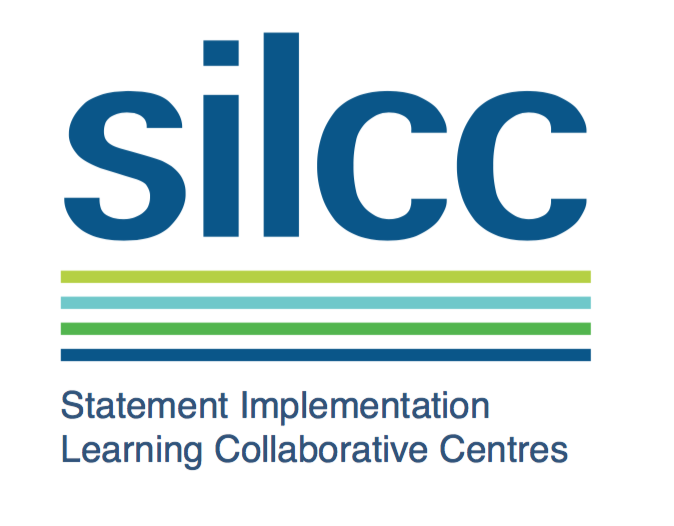This is not an exhaustive list of ‘rights’ and with the increase in use of personalised medicines the ‘right patient’ has an additional meaning beyond just identification of the individual, it is also now whether the medicine is genetically appropriate for that individ- ual patient.
What does it mean for patients? Healthcare teams continually review the medication procedures to improve safe medication practices for patients. Despite the continuous efforts to do this, mistakes and errors do occur. Reporting of errors and events of near misses* are essential to improve patient safety. Patients can rely on the strategies implemented in hospitals for quality assurance to detect errors and identify priorities for improvement and prevent the same error occurring.
* Events, situations, or errors that took place but were captured before reaching the patient. (www.ismp.org)
What does it mean for healthcare professionals? Healthcare professionals should collaborate with the hospital pharmacist to improve patient safety, by developing strategies for medication practices, including different methods to detect errors and identify priorities for improvement.
Reporting of errors and events of near misses are essential to improve patient safety.
What does it mean for Hospital Pharmacists? Hospital pharmacists should promote the reporting of errors and events of near-misses by all health professionals in the hospital.
Hospital pharmacists should be actively involved in the discussion forum that analyses the events and identifies corrective measures. Hospital pharmacists should develop simple, rules-based approaches to advancing patient safety.
 The Uppsalla University Hospital is SILCC Host providing training on this Statement. Please learn more about the SILCC programme here.
The Uppsalla University Hospital is SILCC Host providing training on this Statement. Please learn more about the SILCC programme here.
 The Hospital Gregorio Marañon is SILCC Host providing training on this Statement. Please learn more about the SILCC programme here.
The Hospital Gregorio Marañon is SILCC Host providing training on this Statement. Please learn more about the SILCC programme here.
























 The Uppsalla University Hospital is SILCC Host providing training on this Statement. Please learn more about the SILCC programme
The Uppsalla University Hospital is SILCC Host providing training on this Statement. Please learn more about the SILCC programme